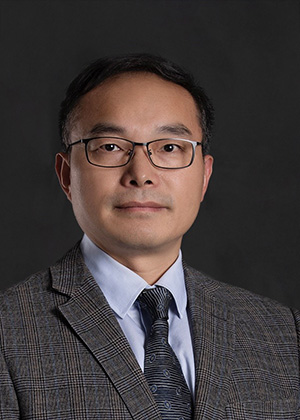USTC Astronomy Colloquium Series: 2024 Fall
Environmental effect on galaxy evolution
袁啟荣 教授
南京师范大学
2024/11/05, 2:30pm , the 19th-floor Observatory Hall

报告人:
袁啟荣,南京师范大学物理科学与技术学院教授,博导; 国际天文联合会(IAU)会员、中国天文学会第十四、十五届理事、江苏省天文学会第八届副理事长。2013-2022年受聘为教育部高校天文学类教学指导委员会委员。1990年、1993年在北京师范大学天文系分别获得学士、硕士学位,毕业后在紫金山天文台工作一年。1994-1997年在北京师范大学天文系攻读博士学位,毕业后入职南京师范大学从事天体物理和理论物理的教学科研工作。曾经访问过美国国立光学天文台(NOAO)、美国怀俄明大学、美国密苏里大学、英国剑桥大学天文研究所、印度IUCAA、韩国全业国立大学等研究机构,主持过多项国家自然科学基金项目,多次参加973项目和国家自然科学基金重点项目,在国内外专业学术刊物上发表论文近百篇。论文曾获“南京市自然科学优秀论文奖”一等奖,曾入选江苏省青蓝工程“省级高校优秀中青年骨干教师”和“省级高校优秀中青年学术带头人”。摘要:
The evolution of galaxies is mainly manifested by the formation of galaxy structure, star formation within galaxies, and central nuclear activity, among which star formation and active galactic nuclei are important driving forces for galaxy evolution. The evolution process of galaxies is severely constrained by gravity environment, resulting in different observational characteristics of galaxies within different environments. In recent years, based on the data from the HST-3d/CANDELS and DESI Legacy Imaging Surveys, we investigated on star formation quenching, morphology transformation, and size growth for various types of galaxies with a variety of redshift, galaxy mass, and gravity environment. We attempt to reveal the environmental effects on above evolutionary processes, and to help us understand some physical mechanisms related to galaxy environment. 邮编:230026 ,
邮编:230026 ,  联系电话: 0551-63601861
联系电话: 0551-63601861 Email:
Email: